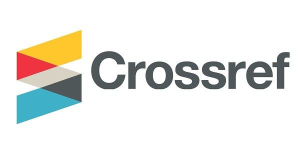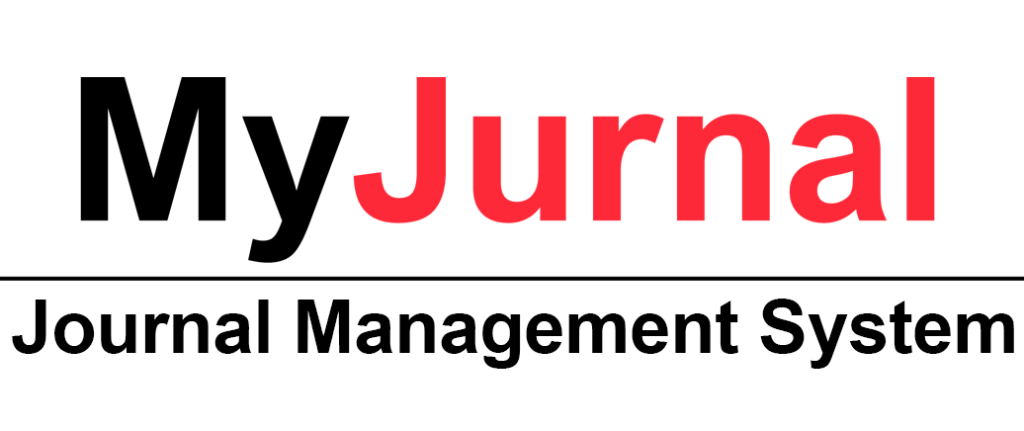Developing High-Order Thinking in Primary School Students through Qur’anic Stories and the Hikmah Pedagogy of Philosophical Inquiry
DOI:
https://doi.org/10.31436/ijes.v8i1.315Keywords:
Hikmah pedagogy, Philosophy for Children, Islamic Studies Education, Qur’anic stories, cognitive behaviours, high-order thinking skills (HOTS)Abstract
The Hikmah pedagogy (HP) is an offshoot of the Philosophy for Children Programme (P4C), a method used in teaching critical, creative and benevolent thinking based on philosophical inquiry. Slightly different from the original P4C invented by Lipman, HP emphasizes the Islamic perspectives of metaphysics, epistemology and values. Interest in this pedagogy has led Muslim scholars to develop Islamic-based stories to be used with it in the classroom. But to date, no studies involving HP have employed stories drawn from the Qur’an, the holy scripture for Muslims, for the purposes of teaching Islamic Education and improving the thinking of students within this subject. Hence, this study is an effort to fill this gap in knowledge and research on HP. The participants were 12 primary school children around the age of 10. Using the qualitative case study method with focus group discussion and participant observation in a natural setting as the main data acquisition strategies, the study explored the experiences of these primary schoolers as they discovered Qur’anic stories through HP. Over a period of eight weeks, they learned to ask high-order questions about the stories and engage in debates about the issues and core messages contained within them in a community of inquiry (COI). The objectives were to explore if the pedagogy could enhance their cognitive behaviours (i.e., HOTS) and to find out their views about the method. The findings pointed to the success of HP in improving the students’ HOTS, especially in the skills of inquiring and reasoning, their general mannerisms and interest in the Islamic Education subject. The students also felt that they had a voice in the learning process, and that their opinions were heard and accepted. Overall, the students enjoyed the method and welcomed it as a positive change in their learning of Islamic Education.
Metrics
Downloads
Published
How to Cite
Issue
Section
License
Copyright (c) 2020 IIUM Press, International Islamic University Malaysia

This work is licensed under a Creative Commons Attribution 4.0 International License.
The Journal will own copyright to all published works and have the right of first publication, both in print and online, unless other arrangements are made with the Editors in advance. It is the author`s responsibility to ensure that where copyright materials are included within an article the permission of the copyright holder has been obtained beforehand.






















